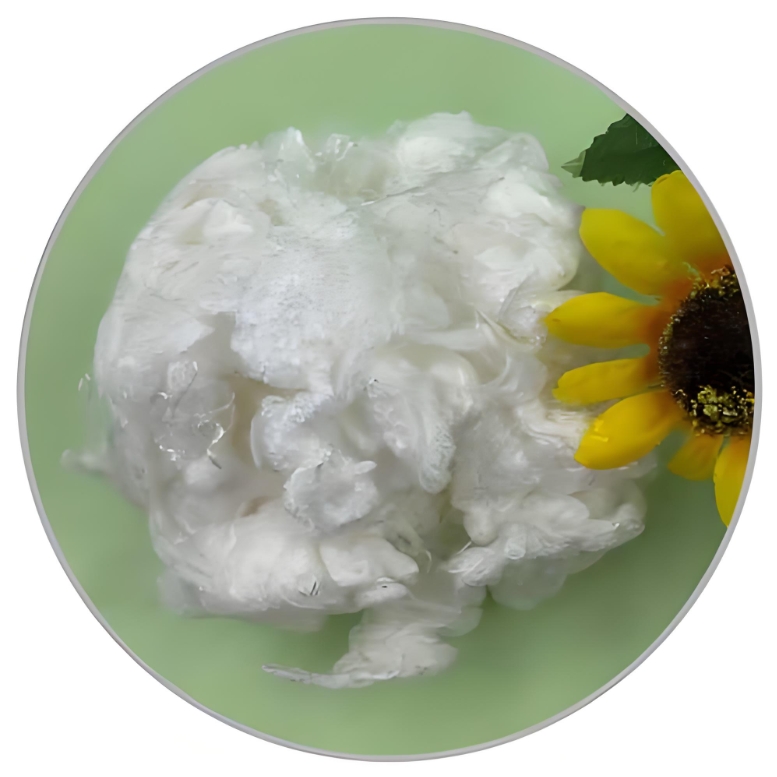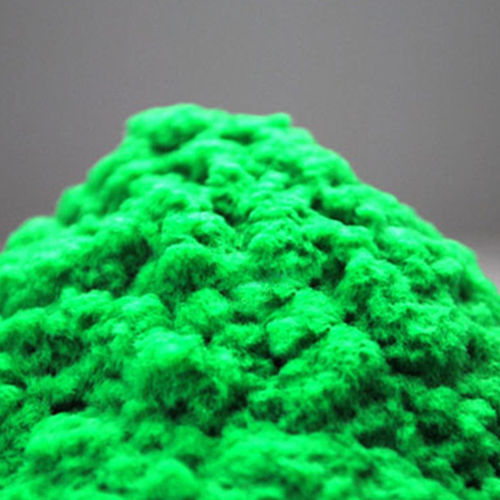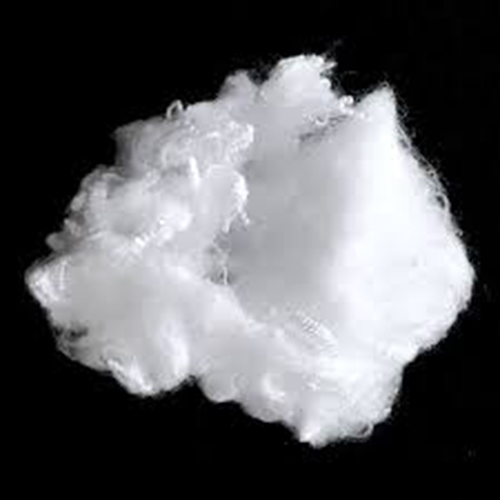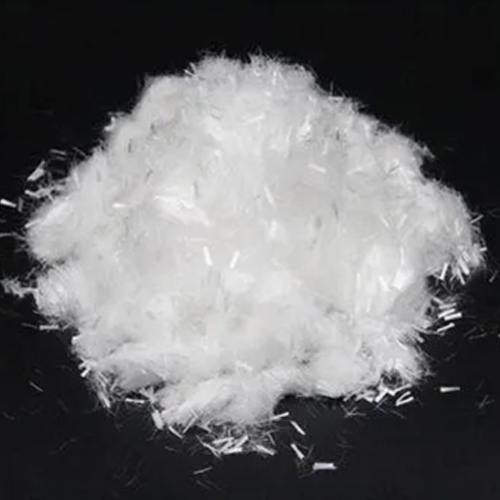PVA Fiber
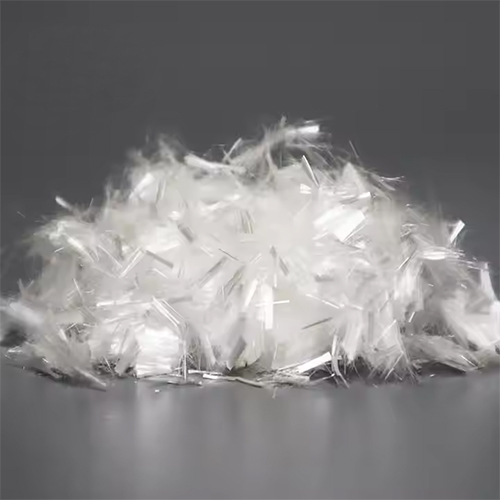
Polyvinyl alcohol (PVA) fiber, also known as vinylon, is a synthetic fiber derived from polyvinyl alcohol. The process of creating PVA fiber involves the polymerization of vinyl acetate to form polyvinyl acetate, which is then hydrolyzed to produce the polyvinyl alcohol. Once in the PVA form, the material can be spun into fibers.
PVA fiber is known for its unique properties, which include exceptional tensile strength, high modulus (which is a measure of stiffness), and good resistance to alkalis and organic solvents. It also exhibits low elongation at break, meaning it doesn’t stretch much before breaking, which is an essential attribute for certain applications.
One of the standout qualities of PVA fiber is its ability to be engineered to be either water-soluble or insoluble, depending on the degree of hydrolysis and the subsequent processing. The water-soluble version dissolves in water at specific temperatures, which is a valuable characteristic for creating water-soluble packaging, embroidery backing materials, and as a temporary binder in composites or textile manufacturing.
The water-insoluble type retains its form and strength even when wet, making it suitable for use in concrete reinforcement, where it helps to improve the tensile strength and reduce the formation of cracks. It’s also used in the production of fishing lines, agricultural textiles, nonwoven fabrics, and as a base material for sponges and various textiles.
PVA fiber is also recognized for its good adhesion to different surfaces, biodegradability, and non-toxicity, which makes it environmentally friendly compared to many other synthetic fibers. Due to its biocompatibility, PVA is also researched and used in various medical applications, such as tissue engineering and wound dressings.
Overall, PVA fiber is a versatile material that plays a crucial role in numerous industrial, commercial, and medical applications due to its remarkable properties and environmental benefits.
| Parameter | Value/Description |
|---|---|
| Chemical Formula | [C2H4O]n |
| Density | 1.27 – 1.31 g/cm³ |
| Melting Point | 230°C (446°F) |
| Tensile Strength | 30 – 100 cN/tex (depending on the grade) |
| Elongation at Break | 10 – 30% |
| Moisture Regain | 4 – 5% |
| Thermal Conductivity | 0.23 – 0.26 W/mK |
| Water Absorption | 0 – 40% (depending on solubility) |
| UV Resistance | Moderate; may degrade over time in direct sunlight |
| Biodegradability | High; biodegrades in soil and water environments |
| Application | Specific Use |
|---|---|
| Concrete Reinforcement | Increases tensile strength, reduces shrinkage cracks, and improves durability of concrete structures. |
| Textile Industry | Used in nonwoven fabrics, embroidery backing, and as a water-soluble binder in textile processing. |
| Packaging | Water-soluble PVA fibers are used in packaging materials that dissolve in water, such as laundry bags. |
| Medical Applications | Used in surgical sutures, wound dressings, and drug delivery systems due to its biocompatibility. |
| Agricultural | Used in mulch films, erosion control, and as a biodegradable alternative to synthetic fibers. |
| Marine Industry | Used in fishing nets and ropes due to its strength and resistance to saltwater. |
| Environmental Cleanup | Used in absorbent materials for oil and chemical spill cleanup due to its high absorption capacity. |
RECOMMENDED PRODUCTS
- View details
Collagen-Modified Regenerated Cellulose Fiber
Collagen Fiber
- View details
Nylon Flocked Short Fibers
Nylon Flocked Short Fibers
- View details
Bicomponent Fiber
Bicomponent Fiber
- View details
PE Fiber
Polyethylene fiber
loading…
已经是到最后一篇内容了!
 DC New Material
DC New Material
